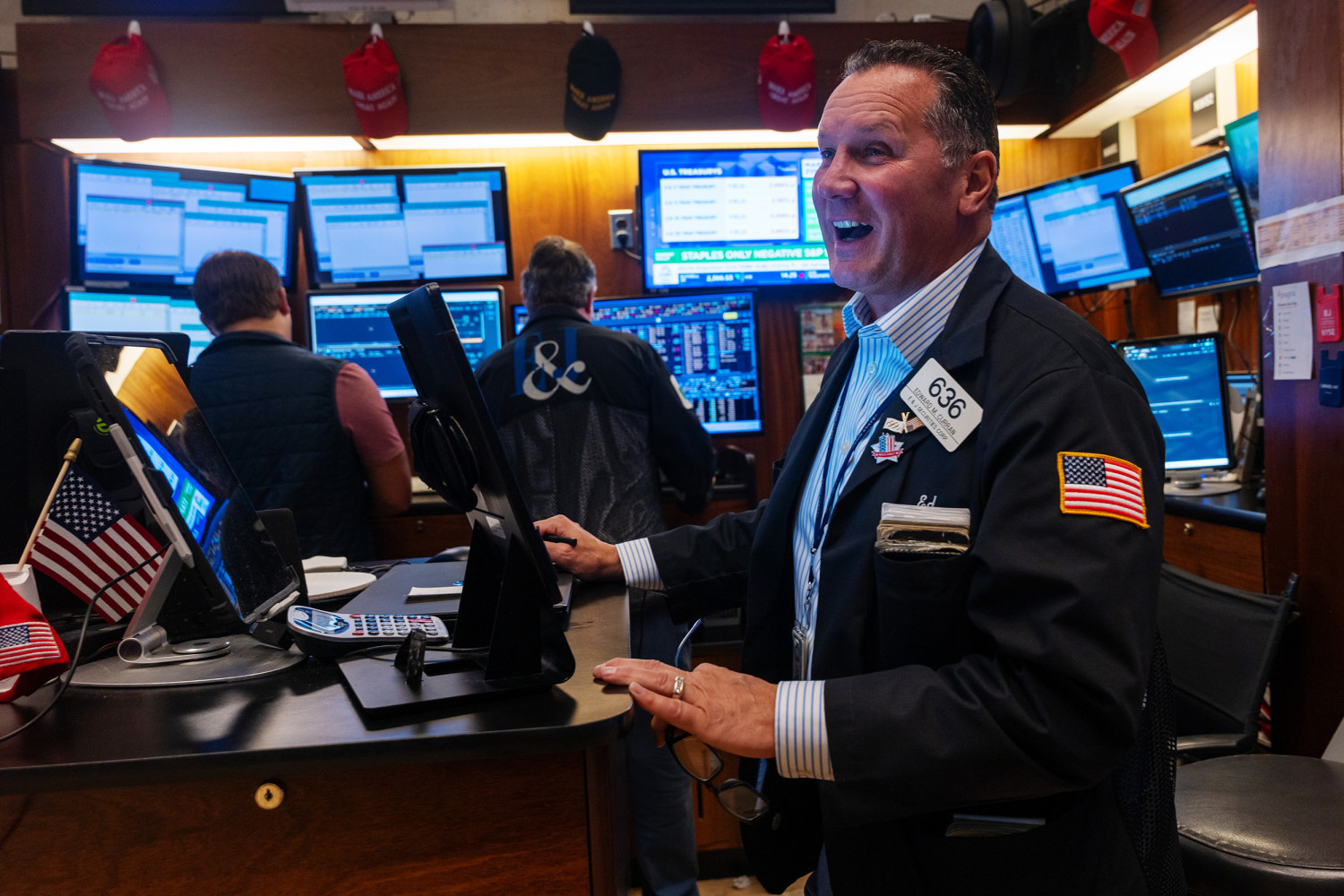Tesla has unveiled what might be among the largest compensation plans in corporate history, recommending an incentive package for CEO Elon Musk that could potentially reach an extraordinary value of roughly $1 trillion — yet only if the company meets several remarkable performance targets.
The proposed package is not a simple cash payout. Instead, it is structured around stock-based rewards that hinge on Tesla’s ability to meet specific financial and operational benchmarks over the coming years. These targets include dramatic increases in revenue, sustained profitability, and ambitious market capitalization thresholds that would place Tesla among the most valuable companies in the world.
The directors and executives of Tesla believe that an ambitious compensation package will synchronize Musk’s personal goals with the long-term interests of the shareholders. By linking the rewards to quantifiable accomplishments, Tesla aims to guarantee Musk’s strong dedication to the company’s expansion path and maintain a focus on breakthroughs in the electric vehicle and energy industries.
Historically, Musk has taken an unconventional approach to compensation, often declining a traditional salary in favor of performance-based stock options. This proposed structure mirrors that philosophy but on an even larger scale. The potential valuation of $1 trillion has caught global attention, signaling Tesla’s confidence in its future expansion — and its willingness to bet on Musk’s leadership to make that vision a reality.
Although the company has not disclosed every detail publicly, analysts expect the compensation plan to include a series of escalating milestones related to revenue, earnings before interest, taxes, depreciation, and amortization (EBITDA), and market capitalization. Achieving each goal would unlock a tranche of stock options for Musk, with the ultimate payout requiring Tesla to reach valuations and production levels far beyond current figures.
To provide context, Tesla’s market value is presently in the hundreds of billions. For such an exceptional pay package to be warranted, Tesla must continue experiencing significant growth in electric car sales, battery manufacturing, and energy storage solutions — all while dealing with strong competition from established car manufacturers and new electric vehicle startups.
If approved, this plan could redefine executive compensation strategies across the corporate landscape. Supporters argue that tying rewards to performance fosters accountability and encourages long-term strategic thinking rather than short-term gains. Critics, however, question whether such a large potential payout is necessary, even if it is contingent on extraordinary success.
Reactions from investors have been varied up to now. Some perceive the plan as an innovative step showing trust in Musk’s potential to achieve groundbreaking results. Meanwhile, others are worried about the implications of awarding one executive such a significant package, especially during a time of increased focus on income disparity and corporate oversight.
Elon Musk has a history of surpassing expectations. Under his leadership, Tesla transformed from a niche electric car maker into a dominant global player, revolutionizing the auto industry and accelerating the shift toward sustainable energy. Musk’s bold promises — often met with skepticism — have frequently materialized into groundbreaking achievements, from the success of the Model 3 to the expansion of Tesla’s gigafactories worldwide.
Still, the targets associated with this new package are described as “audacious,” even by Musk’s standards. Industry analysts note that hitting these milestones would require Tesla not only to maintain its innovation leadership but also to achieve unprecedented levels of efficiency, scale, and global market penetration.
Tesla’s proposal comes amid an ongoing debate over CEO pay and corporate accountability. Critics argue that astronomical compensation packages contribute to widening income gaps and can create misaligned priorities if not structured carefully. Proponents counter that performance-linked incentives, when tied to ambitious but measurable goals, can drive extraordinary corporate achievements that benefit shareholders and the economy at large.
In Musk’s case, the proposal reflects Tesla’s belief that his leadership is integral to its identity and future success. The company contends that incentivizing Musk with high-stakes performance rewards ensures continuity at a critical time, as Tesla seeks to scale production, expand into new markets, and lead advancements in autonomous driving and renewable energy technologies.
The proposed package must undergo shareholder approval, and discussions are expected to be highly scrutinized. Proxy advisory firms and institutional investors will likely weigh in, analyzing both the feasibility of the performance targets and the broader implications for governance.
Regardless of what results, the initiative has already captured attention due to its significant size and ambition, highlighting Tesla’s distinctive approach to management, creativity, and business strategy.
If the strategy is implemented and Musk achieves the set objectives, it will firmly establish him as one of the top compensated leaders ever, while also signifying a pivotal phase in Tesla’s growth — potentially altering the limits of what a public corporation can accomplish.
In the meantime, the globe will observe intently as Tesla, its shareholders, and its dynamic leader manage one of the boldest pay proposals ever imagined.



